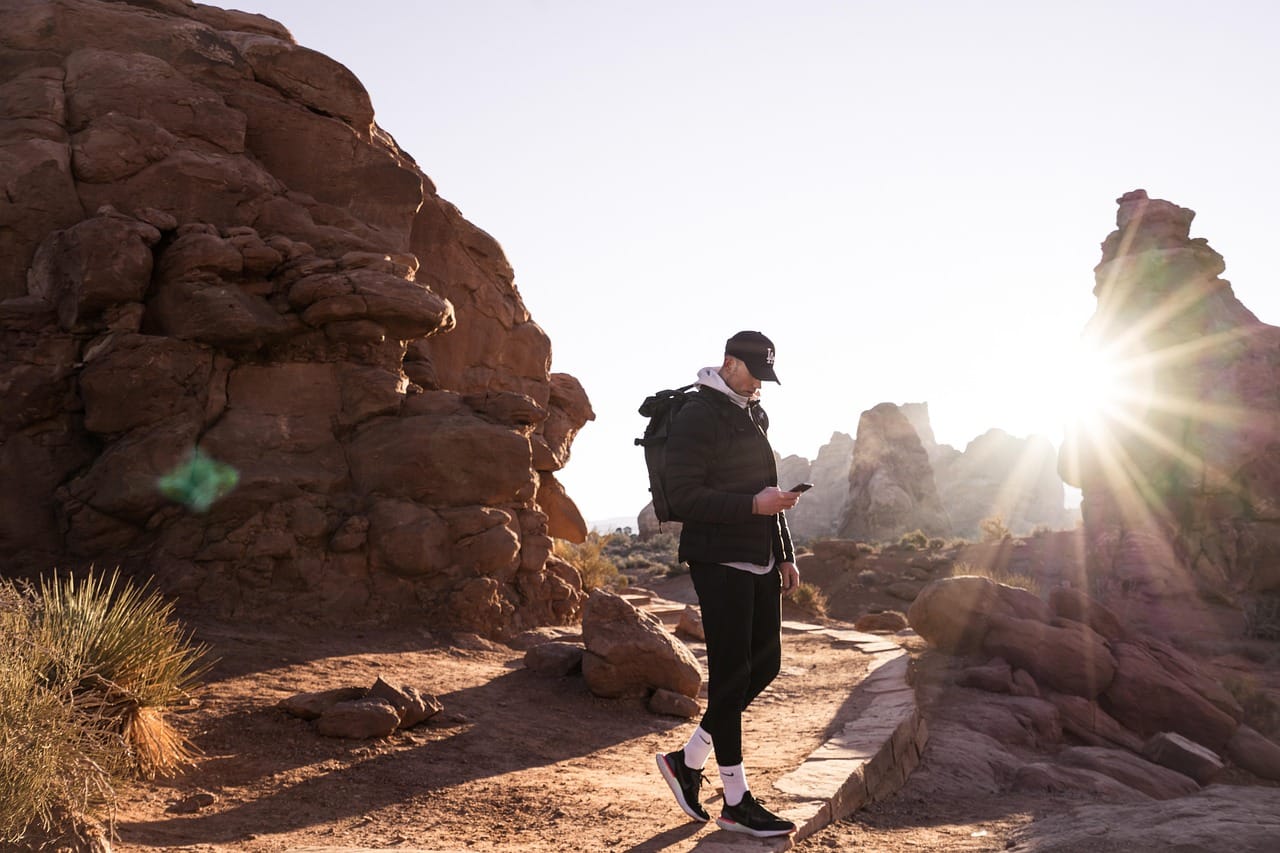Planning a trip can feel overwhelming, but with the right approach, it can be just as exciting as the adventure itself. Whether you’re dreaming of a relaxing beach getaway, an adventurous backpacking trip, or a culturally enriching city exploration, a well-structured plan is your key to a seamless and unforgettable travel experience. This guide will walk you through the essential steps of effective trip planning, helping you transform your travel dreams into reality.
Defining Your Travel Goals
Determining Your Travel Style & Preferences
Before diving into logistics, consider what kind of trip you envision. Ask yourself these questions:
- What kind of activities do I enjoy? (e.g., hiking, museums, relaxation, nightlife)
- What’s my budget? (This will significantly impact your destination and accommodation choices.)
- Who am I traveling with? (Traveling solo, with a partner, family, or friends will influence your plans.)
- What’s my travel timeline? (How much time do I have for the trip?)
- What level of comfort am I seeking? (Backpacking hostels vs. luxury hotels)
- Example: If you enjoy hiking and have a moderate budget, exploring national parks in the USA or trekking in Nepal might be great options. If you prefer luxury and relaxation, consider an all-inclusive resort in the Caribbean or a spa retreat in Southeast Asia.
Setting a Realistic Budget
Establishing a budget early on is crucial. Consider these factors:
- Transportation: Flights, trains, buses, rental cars, fuel costs, and airport transfers.
- Accommodation: Hotels, hostels, Airbnb, guesthouses, or camping fees.
- Activities: Entrance fees, tours, excursions, and equipment rentals.
- Food & Drink: Restaurants, groceries, snacks, and drinks.
- Insurance: Travel insurance and health insurance.
- Visa & Passport: Application fees and renewal costs.
- Souvenirs & Shopping: Allow for some spending money.
- Contingency Fund: Unexpected expenses can arise. Aim for 10-20% of your total budget.
- Tip: Use online budget calculators or travel apps to help estimate costs for specific destinations. Monitor exchange rates if traveling internationally.
Choosing Your Destination Wisely
Researching Potential Locations
- Start with your interests: Think about the types of experiences you’re seeking (adventure, relaxation, culture, history).
- Explore travel blogs and websites: Get inspiration from other travelers’ experiences and recommendations.
- Read reviews and forums: See what other travelers are saying about specific destinations, hotels, and tours.
- Consider the time of year: Research the weather patterns and seasonal events in your chosen destination.
- Check travel advisories: Stay informed about any safety concerns or travel restrictions.
- Example: If you are interested in history and architecture, consider Rome, Italy; Kyoto, Japan; or Cusco, Peru.
Evaluating Safety and Accessibility
- Check government travel advisories: Websites like the U.S. Department of State or the UK Foreign Office provide valuable information on safety and security risks in various countries.
- Research local laws and customs: Be aware of local regulations and cultural norms to avoid unintentional offenses.
- Assess accessibility for your needs: Consider whether the destination is suitable for individuals with disabilities or other special needs.
- Check for necessary vaccinations and health precautions: Consult your doctor or a travel clinic for advice on required vaccinations and preventive measures.
- Actionable Takeaway: Always prioritize your safety and well-being when choosing a destination. Be aware of potential risks and take necessary precautions.
Booking and Logistics
Booking Flights and Accommodation
- Use flight comparison websites: Websites like Skyscanner, Google Flights, and Kayak can help you find the best deals on flights.
- Book in advance: Generally, booking flights and accommodation in advance can save you money. However, last-minute deals are also possible, especially during the off-season.
- Consider alternative accommodation options: Airbnb, hostels, and guesthouses can be more affordable than hotels.
- Read reviews before booking: Check reviews on websites like TripAdvisor, Booking.com, and Google to get an idea of the quality of the accommodation.
- Check cancellation policies: Make sure you understand the cancellation policies before booking in case your plans change.
- Example: Booking a flight 2-3 months in advance can often result in significant savings. Consider flying on weekdays or during the off-season for better deals.
Securing Travel Insurance and Visas
- Purchase travel insurance: Travel insurance can protect you against unexpected events like medical emergencies, trip cancellations, and lost luggage.
- Check visa requirements: Determine if you need a visa for your chosen destination and apply well in advance.
- Ensure your passport is valid: Make sure your passport is valid for at least six months beyond your intended return date.
- Make copies of important documents: Keep copies of your passport, visa, and travel insurance information in a separate location from the originals.
- Statistic: According to a recent survey, approximately 40% of travelers do not purchase travel insurance, leaving them vulnerable to unexpected expenses.
Creating a Detailed Itinerary
Planning Daily Activities and Tours
- Research local attractions and activities: Use travel guides, blogs, and websites to discover must-see sights and hidden gems.
- Create a flexible itinerary: Don’t overschedule your days. Allow for spontaneous adventures and downtime.
- Book tours and activities in advance: Booking popular tours and activities in advance can save you time and ensure availability.
- Consider transportation options: Plan how you will get around the city or region, whether it’s public transportation, taxis, or rental cars.
- Allocate time for relaxation: Don’t forget to schedule time for rest and relaxation to avoid burnout.
- Example: For a trip to Paris, your itinerary might include visiting the Eiffel Tower, the Louvre Museum, and Notre Dame Cathedral, as well as exploring the charming neighborhoods of Montmartre and Le Marais.
Packing Smartly and Efficiently
- Create a packing list: This will help you stay organized and avoid forgetting essential items.
- Consider the climate and activities: Pack clothing that is appropriate for the weather and activities you have planned.
- Pack light: Avoid overpacking by bringing only what you need.
- Use packing cubes: These can help you compress your clothing and stay organized.
- Bring a reusable water bottle: This will help you stay hydrated and reduce your environmental impact.
- Tip: Roll your clothes instead of folding them to save space and minimize wrinkles.
Conclusion
Effective trip planning is the cornerstone of a memorable and stress-free travel experience. By defining your goals, choosing your destination wisely, handling bookings strategically, creating a detailed itinerary, and packing efficiently, you can transform your travel dreams into a reality. Remember that flexibility is key – be prepared to adapt to unexpected situations and embrace the spontaneity of travel. Now that you’re armed with these essential trip planning tips, start planning your next adventure!




